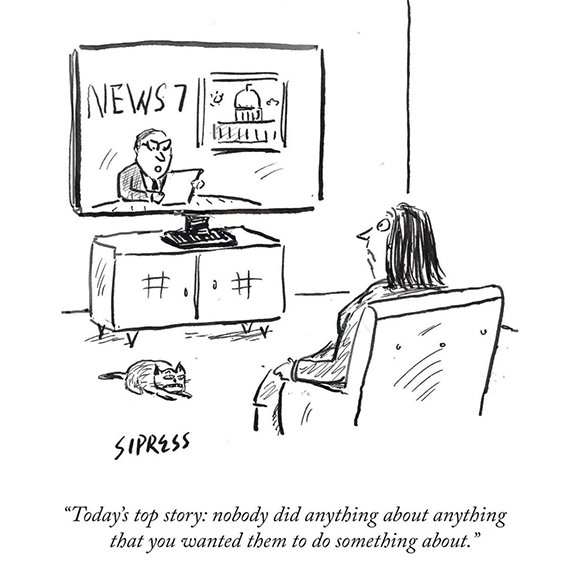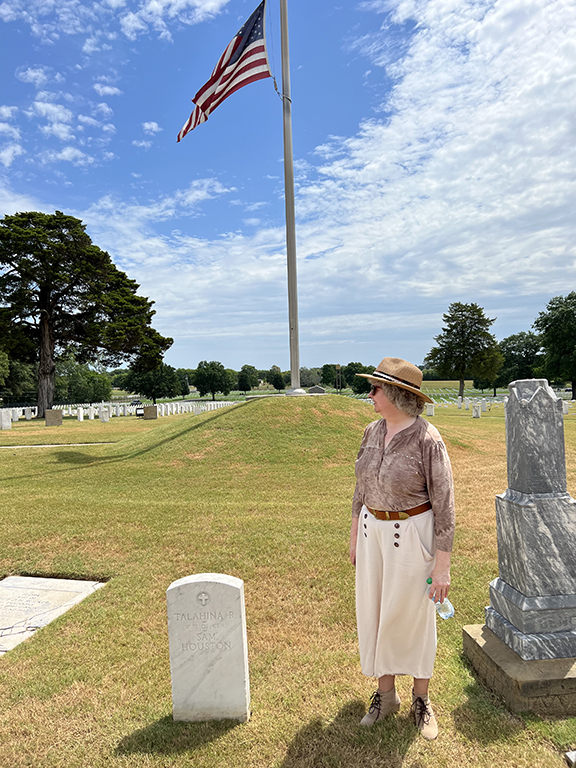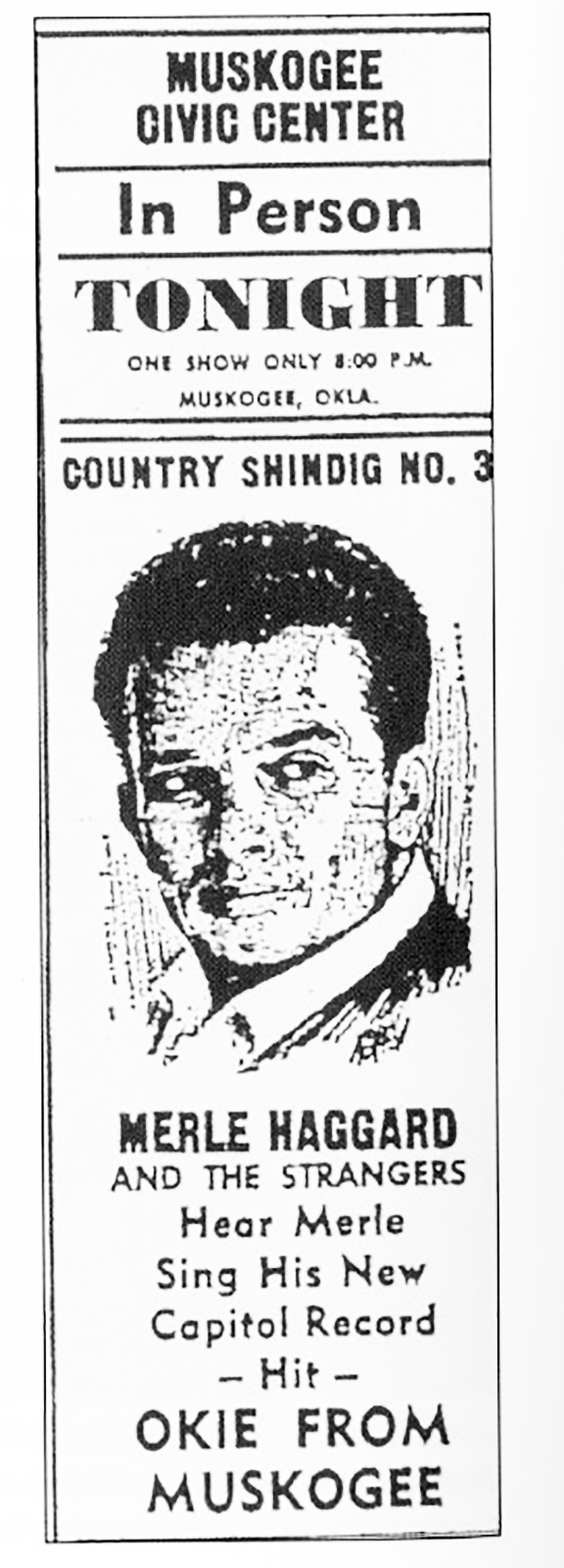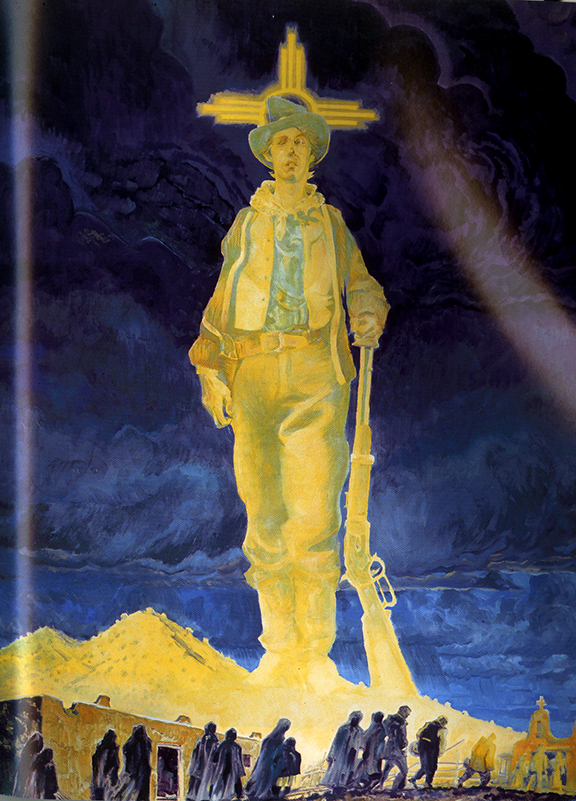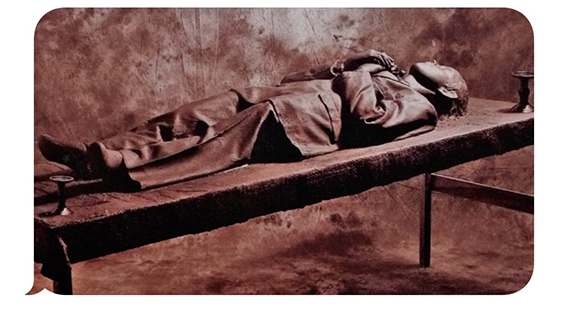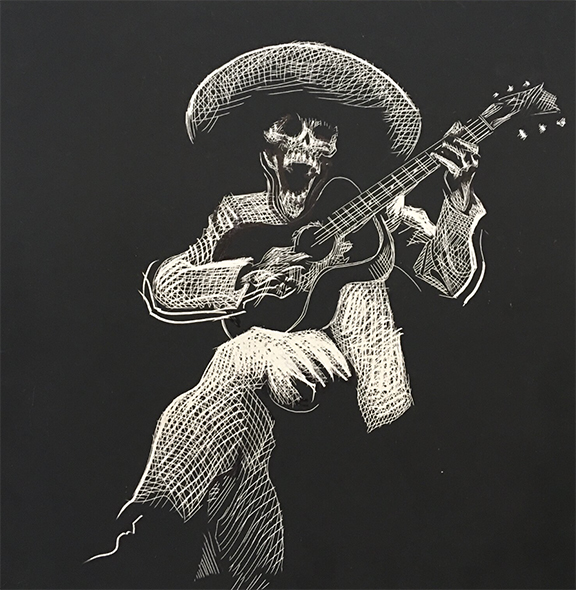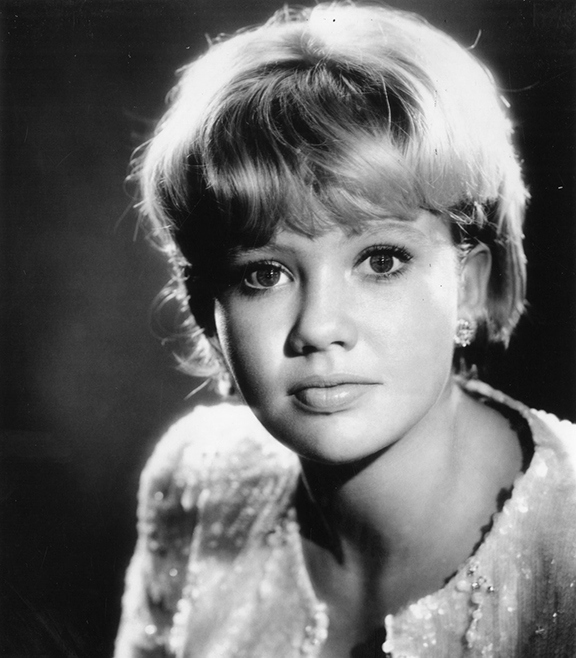July 25, 2022
I had been working on my Bass Reeves keynote address for a couple weeks. I wrote copious notes and I had a very tight, straight-ahead idea of where I thought it should go. But then, on the morning of my speech, two things happened. The first is I got an email from a speech coach I admire. His name is Neil Gordon, and he sends out tidbits of advice several times a week. On this Saturday morning he sent this challenge:
"What if you only had three minutes to give a speech?
"Believe it or not, you actually have a greater opportunity to impact your audience in three minutes than you may think.
"For it’s enough time to:
1. Start with the problem that you are there to help the audience to solve
2. Explain the typical but flawed way other people usually try to solve it
3. Provide your big, secret sauce idea as the solution
4. Offer the audience 1-3 tips to take away in the spirit of that idea.
"If you offer three or four sentences for each one of those points, you’ll have successfully created a powerful three-minute speech."
—Neil Gordon
I thought about the wisdom of this exercise and realized everyone at this conference, including myself, has the same problem: How do we get more people interested in history? I made up my mind, I was going to retool the speech, but I soon enough had another problem:
Angie, the director at the Three Rivers Museum insisted I go on the 10 o'clock downtown bus tour departing from the museum in ten minutes. I actually wanted to tweak my speech but I really couldn't say no to my host and, so, I found myself on a packed bus driving thru the emptied streets of downtown Muskogee in 90 degree heat (the bus thankfully had good AC). Basically, the bus would drive about a half block and our tour guide, Jonita Mullins, would come on the speaker and say something like, "Oh, look who we have coming up here, it looks like a banker's wife who wants to talk to us." The bus would then pull over to the curb and a lone woman with a parisol would step onto the bus and using the microphone tell us how she knew, or was related to, Bass Reeves. There was even a gunfight at one stop and one of the bad guys got shot but rather than fall, he went down on one knee (he told me later the pavement was too hot and he has a bad hip!). After about ten of these cute and informative stops (at the Baptist Church we learned Bass Reeves arrested the preacher who baptised him when he caught him bootlegging to pay off a church debt!) we were rounding the corner for the last leg of the tour when our guide, Jonita, said there was no sign of Bennie Reeves who was supposed to be on the corner of Third and Cincinnati. The bus was lurching on towards the next stop when I caught sight of a Black man in a black suit, running along my side of the bus. He didn't really look like a reenactor, he looked like a plain clothes cop from Law & Order. He quickly caught up, frantically waving his arms until Jonita spotted him and, after an abrupt stop, he got on the bus, out of breath, and proceeded to tell us this:

The Real Bennie Reeves
"No one can tell you more about my father's character than me. I am his son Benjamin, but everyone calls me Bennie. When my father moved to Muskogee, me and my sister Alice came with him. I had a house up on Tower Hill and I worked as a porter for the Katy Railroad.
"I married a pretty Muskogee girl and we were happy, at first, but my job took me away a lot, mostly on the run between Dallas and Kansas City. She was lonely and I was jealous so we fought a lot. I thought if I found another job things would get better so I went to work for a barber and learned the trade. That helped some, but I guess the damage had been done to our marriage. I heard the whispers in town saying that she wasn't being faithful. So I confronted her about it and she didn't deny it. I was so angry, I pulled a gun and I shot her.
"I don't know that I meant to kill her. I just wasn't thinking right. But when I realized what I had done, my first thought was how disappointed my father would be in me. So I ran.
"A bench warrant was issued for my arrest but from what I hear none of the marshals wanted to serve that warrant 'cause they respected my father so much. But there is something in my father—if a warrant has been issued, then it's got to be served. So he went to Marshal Bennett and asked for the warrant and said he would bring me in.
"I had slipped back into town to get some of my things and my father found me at my house up there on the hill. Foks were peeping out their windows watching as my father stood outside my house and ordered me to come out or he would do whatever he had to do to arrest me. So I came out and surrendered to him. I know that had to be one of the hardest arrests he ever made.
"He stood by me during the trial, stood by me when I was give a life sentence at Leavenworth Prison and walked with me to the train that took me away. I was determined to make it up to my father and worked hard to be a model prisoner. I never made trouble from that moment on in my life. Folks in Muskogee signed a petition for my release, and I received a pardon. But my father never got to see me walk out of that prison for he had already passed by then.
"You hear a lot about what a great lawman Bass Reeves was and it's all true. But the greatest work of Bass Reeves was being my father.
"Thank you for listening to my story."
All these bio bits were writen by Jonita Mullins. And all of them had been authentic and insightful, but this one caught in my throat. Perhaps it was the effective acting by Ron Mayes (a Muskogee policeman it turns out, and not an actor) who portrayed Bennie, that grabbed me. I felt the emotion and the tragedy of the man and the family. I teared up. I wasn't alone. Many on the bus bowed their heads. Later, at the Civic Center I mentioned this to Jonita and she confessed she wept the entire time she was writing it.
The Real Jonita Mullins at the grave of Sam Houston's second wife
I am the father of a son. I would definitely get him the best lawyer I could find and I would do everything in my power to keep him out of prison. It's not hard to imagine a father rationalizing that his son wouldn't get a fair trial and encouraging him to run and actually helping in the effort. Not Bass Reeves.
Here, without a doubt, is the humanity and the courage of the man, writ large. To me, this is the lynchpin to the Bass Reeves story. A man with so much integrity he arrested his own son and then stood by him as justice was served. It doesn't get any more poignant—or tragic—than that.
I got on that bus admiring Bass Reeves, but when I got off I realized, I love Bass Reeves. When you look up integrity in the dictionary his photo should be there.
So I scrapped my prepared speech and told this version of the story. I am honored and humbled to say, the citizens of Muskogee gave me a standing ovation, my first.
Thank you Neil Gordon, and Jonita Mullins and the entire crew at the Three Rivers Museum. This was a life changing experiece for me.
Finally, what is the answer to the problem we in the history world face? How do we get more people interested? How do we help Bass Reeves make it into the pantheon of American frontier heroes?
Tell better stories.
"There is no history. There is no truth. There is only the way the story is told."
—Richard Avedon














